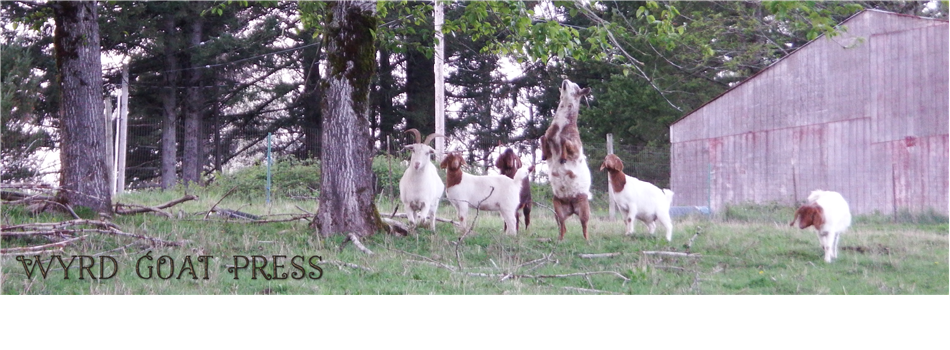
EM Prazeman
Jungles turned out to be everything and nothing like I’d imagined.
I wanted to do some canoeing, so my host arranged for a canoe and some paddles and dropped me off by the river. The water was deep and muddy, the kind of brown muck I used to stir a stick into as a child. I wish I could remember what I was looking for in those days. I used to sing to the water too, songs now long forgotten.
It was muggy, buggy and green, that warm day in December in Belize. I wanted to see a tropical rainforest, and now I was in the midst of a big one. It turned out to be both more foreign and more familiar than I expected. I spent a lot of my youth in temperate rain forests. I was terrified of the orb weaver spiders that strung webs across my favorite paths, so I spent a lot of time waving sticks around in the air wherever I went. But I was immune to poison oak. Forests aren’t scary – they’re home, with things about them that I loved (climbing, creeping through the underbrush – a wild bird landed on me once) and things I didn’t like so much (in addition to the spiders I hated mosquitoes, scratches from blackberries, and I was afraid of passing through during silver thaws when the ice broke off massive branches and tree tops that shattered like thunder when they fell.) But this rainforest turned out to be like visiting someone else’s house. I wasn’t sure if it was okay to sit on the furniture or turn on the stereo, but it was still a home.
I found the big splashes that the iguanas made when they leapt into the water particularly weird. I assumed I’d scared them and that they were running away from me, rather than coming to get me. Not far down this river, after passing a beautiful youth swimming in the river with his horse, I saw a sign for an herbal medicine trail. This, I decided, I had to see. Where else in the world would I find a trailhead on a river?
There’s something mysterious and wonderful about trails that begin at a river rather than lead to a river from somewhere else that you can get to by a road. I’m sure they’re everywhere, but I hadn’t seen one until now.
I pulled the canoe up to the little dock and walked to a small building with open sides where a young woman sold gifts and gave tours. I was in tropical country, surrounded by palms and plants I normally saw growing indoors, so once again the situation felt strange yet familiar. The air was even thicker and warmer off the river, and fragrant as a greenhouse, but it was open to the canopy-filtered sky. In the shade, off the river: that’s where the bugs got really thick. Without the bug juice I would have been eaten alive.
The tour guide led me among plants with deadly reputations. Her claim was that the antidote for the toxic plants always grew a few feet away from them, not just here but in the wild. Whether it was true or not, the symmetry and grace of the story seduced me.
Though I’m not sensitive to poison oak or poison ivy, and I find stinging nettle merely unpleasant, the plants I walked among were much more dangerous, at least if my guide was to be believed. I had no reason to disbelieve. I watched where I stepped and how close my bare skin came to the lush, broad leaves all around me. The wide trail felt narrow and dangerous. The guide knew her work. She encouraged the fear without sending me over the edge – like a maser director editing a thriller. I didn’t see exotic birds or rare blossoms. Not that day. Instead I saw something far more unusual that I won’t find in a high-end florist’s cooler.
I found the magic of reality as it mingled with magic and danger in a tropical rainforest.
EM Prazeman writes secondary world, epic and sword & sorcery fantasy novels. A Czech refugee and Pacific NW resident, she lives on small acreage with goats, chickens, dogs, cats, and a very understanding husband. See her webpage, emprazeman.com for more information.